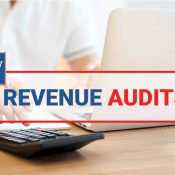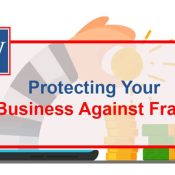
The Ecommerce Directive
At the end of the transition time, the UK will no longer have to follow the eCommerce Directive. You should start getting ready for these changes right away.
From the Government website, we have taken the following:
Changes starting on Jan. 1, 2021
From January 1, 2021, UK online service providers who work in EEA countries may have to follow new rules about online activities in EEA countries.
At the moment, the eCommerce Directive lets online service providers in the EEA work in any EEA country as long as they follow the rules in the country where they are based. When the UK leaves the EEA, this framework will no longer apply to UK providers.
You should think about whether or not your services fall under the Directive, and if they do, you should make sure you’re following the rules in each EEA country where you do business.
Depending on the kind of online services you offer, you may already meet these rules. This could mean that you don’t need to make many changes right away to be ready for January 1, 2021.
You might also want to talk to a lawyer.
The government plans to get rid of the Country of Origin principle from UK law, which is part of the eCommerce Directive. This will make EEA online service providers subject to UK law, which they were not before. Since this principle is in a number of laws, it will be taken away at different times, when there is time in parliament. As of October 16, no laws have been changed.
The “information society services” are covered by the eCommerce Directive. These are any services that are usually offered:
1. for money, even if it’s indirect money like advertising revenue
2. ‘at a distance’ (where customers can use the service without the provider being present)
3. Through electronic means, and 4. At the request of the person receiving the service.
This includes the vast majority of online service providers, like online stores, video-sharing sites, search engines, social media sites, and internet service providers.
This is what the Directive calls your “place of establishment.” It is the fixed location where you do business for an indefinite amount of time. See paragraph 19 of the Directive’s recitals for more information: https://eur-lex.europa.eu/legal-content/EN/TXT/PDF/?uri=OJ:L:2000:178:FULL&from=EN
Check to see if there are any new laws.
If your business is based in the UK, you should find out if there are any legal requirements in the other EEA countries where you do business. The “coordinated field” of the Directive is where you might need to start following the rules. This is about the legal rules that apply to information society services in each EEA country. For example, this includes rules about:
1. information found online
2. Ads on the Internet
3. You can shop online
4. Making deals online
UK online service providers may also be subject to “prior authorisation” schemes, such as licencing requirements, in EEA countries where they operate.



